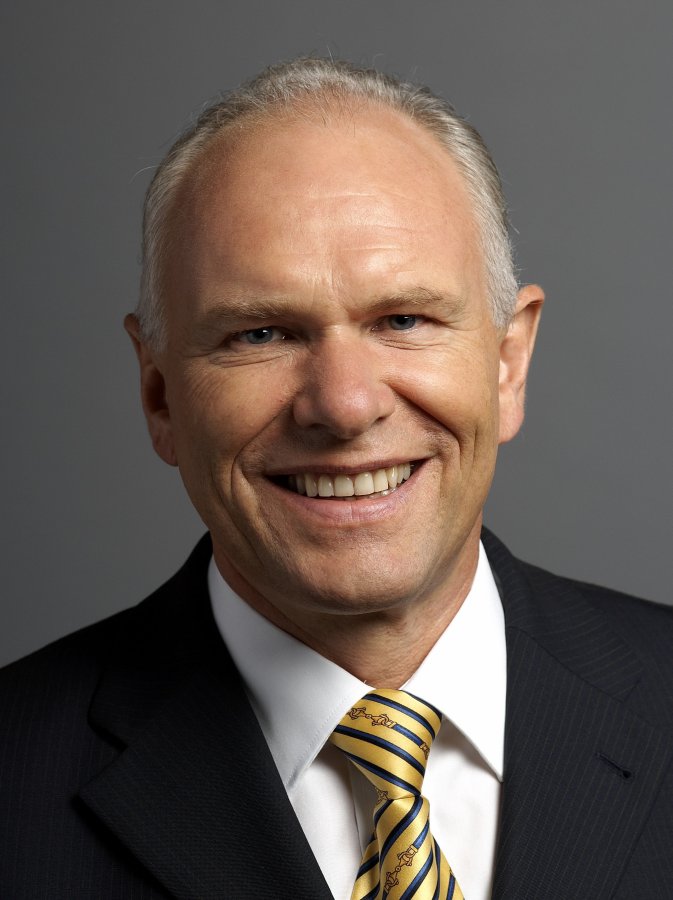What is the history of Swissmem? Swissmem stands for Machine, Electro and Metal Industries but many other industrial segments have joined Swissmem. The Swissmem brand has been in use since 1999 but its two predecessor organisations – VSM and ASM – are much older. Founded in 1883, VSM (Swiss Association of Machinery Manufactures) was an association that mainly concentrated on promoting trade and exports as well as reducing tolls and duties. The ASM (Association of Swiss Employers in Machinery) was created in 1905 to focus on social policy and reduce dissention between companies and unions. Today, Switzerland still benefits from these collective agreements which have averted strikes and supported Switzerland’s economic growth and prosperity for decades. Swissmem represents the interests of export-oriented Swiss industries with various political entities and administrations. How important is Swiss industry to Switzerland’s economy? The Swiss industrial sector accounts for about 20% of Switzerland's overall GDP and roughly half of that total is generated by the MEM industry. Economically speaking, Swiss industry is far more important than other well-known sectors, such as Switzerland's world-famous banks. Industry contributes CHF 100 billion in added value to the nation's economy whereas banks only bring in CHF 36 billion. Furthermore, Swiss industries employ close to 1 million people in Switzerland while Swiss banks and financial services are staffed by just 131,000 employees nationally.
How many companies have joined Swissmem? Can you name some of the association’s member companies? Swissmem currently includes about 1,000 member companies. The MEM industry employs approximately 330,000 people in Switzerland and exports on average 80% of their products to customers around the world, including Russia. Our member companies include large industrial enterprises such as ABB, Schindler, Sulzer, and Bьhler along with many other large corporations. However, more than 90% of the association’s members are small and medium-sized companies. In which areas do Swissmem affiliated companies specialise? Swiss industrial companies rank among the best in the world. Their greatest strengths lie in manufacturing paper processing machinery, machine tools and textiles, printing and packaging machinery, scales, turbines and precision instruments as well as food processing equipment. Medical manufacturing and clean technologies have also become very important over the past few years.
What is Swissmem’s position on labour policy? The biggest problem is finding qualified people. We pay close attention to training and educating our employees. Swissmem also maintains a close relationship with Swiss high schools and universities, which is why we support open borders for highly qualified workers or students and strive to keep graduate students in Switzerland. We also have our own school and training centre in Winterthur. We likewise support open access to countries with free trade agreements. Where does Swiss business with Russia currently stand? Many of our member companies are currently doing business in Russia. However, Switzerland's exports to Russia total just CHF 777 million and don't reflect the Russian market's real potential. Some Swiss products – such as precision instruments, food processing equipment or pumps and compressors for the oil & gas industry – are more prevalent in Russia than others but Russia could benefit tremendously from other Swiss industrial technologies, products and services.
How do you establish contacts with your Russian partners? Most Swiss companies work with Russian distribution partners. Some have established their own sales and service offices in Russia and a few have formed joint ventures or even set up their own companies there. Swiss businesses have grown to appreciate Russia's qualified technical workforce, particularly in the fields of engineering and natural sciences. How do you manage interacting with Russian bureaucracy? The situation has improved in recent years but administrative barriers - such as acquiring visas for business purposes – continue to be an issue. The Russian administration has remained very bureaucratic, complex and slow while numerous limitations still hinder free trade between Switzerland and Russia. These limitations include how issues such as imported goods, warranty cases, re-importation after repair, etc. are handled. Furthermore, many Swiss companies as yet lack access to information about interesting investment projects in Russia.
What are Swissmem’s plans for the future in Russia? Switzerland’s Economic Minister, Johann N. Schneider- Ammann, is visiting Russia this summer to discuss further improving our opportunities to trade with Russia. On the one hand, Russia is a very important market for Swiss industrial companies offering technologies, products and services. On the other hand, Russia is rich in all kinds of raw materials that many Swiss companies require for manufacturing. These two common interests form the basis for closer cooperation between Switzerland and Russia.
Do you think that Swissmem would benefit from a free trade agreement between Switzerland and Russia? Yes, I believe that avenue should be explored during or after our Federal Minister's visit to Russia this year. However, I think that the talks should also include discussions on providing stable, long-term access to Russia’s natural resources such as metals, oil, gas, etc. as these raw materials are important to Swiss industry.













